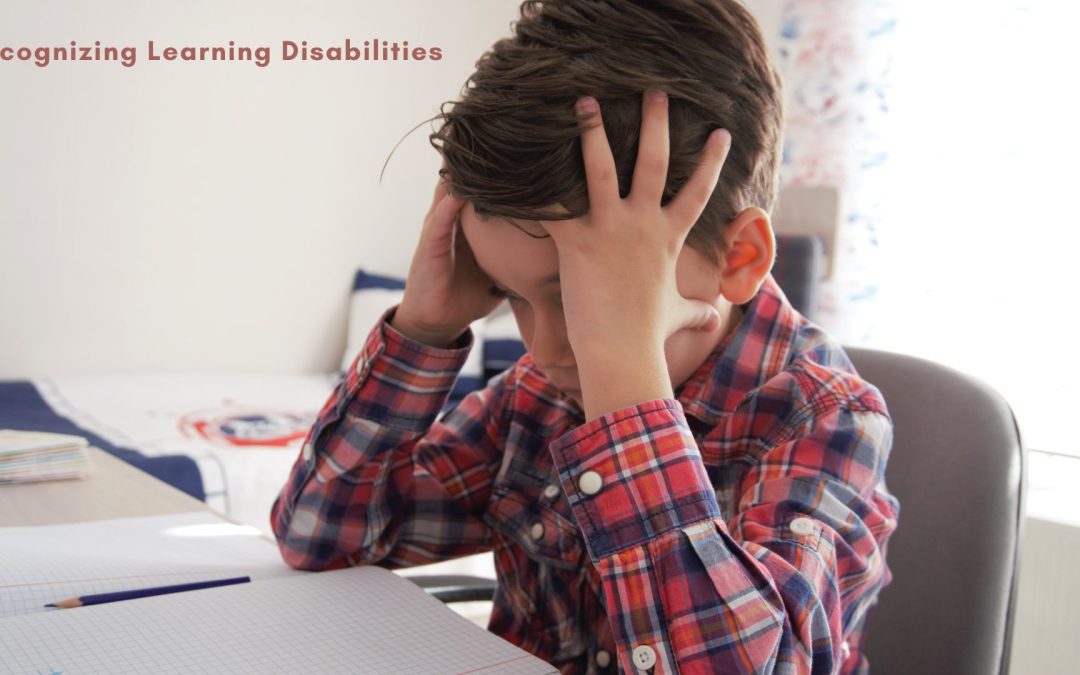Children, whether your own or your children’s friends, come in all shapes and sizes. They are all going to be unique and beautiful representations of who they are as individuals. The best way you can support them is to let them be themselves, flaws and all. If you feel like you are noticing some hiccups along your child’s progress, it can never hurt to take a deeper look into how they are learning and progressing to see if they may need assistance.
The Varied World of Learning Disabilities
We never want to put a negative-type of label on a child’s progress, so you may want to call learning disabilities something less intense, such as learning difficulties. But however you phrase it, it may be challenging for your child to learn, and may become frustrated. We always want to set up every kid for success when it comes to learning, so being able to recognize when your child is struggling is key. The subtleties of learning can be just that – very subtle – so it is vital that you check in every so often on how your child is progressing in both physical and mental learning.
There are many different types of learning difficulties that you child may struggle with, especially if they may be struggling with multiple difficulties. It could be something as simple as dyslexia, where they have a harder time focusing and retaining information, and could be inadvertently switching around letters in words, making learning harder. Or it could be something a little more complex, such as autism, that may be putting up a roadblock to your child’s learning.
How to Help Your Child
However it is affecting your child, be sure to take note of the ins and outs. How is it particularly difficult for your child to read? Or play sports? Are they uncoordinated when it comes to hand-eye coordination? Are they not able to grasp the information being taught at school, and getting upset? Sometimes it can be a simple learning curve to get over, and other times it can be a learning disability that is standing in the way of your child’s education. Being able to notice exactly how they are struggling can help you seek guidance on how to help them. Talk with their doctor and make sure they have a clean bill of health, and then seek the advice of an expert in education and learning disabilities. They will be able to better assess your child’s learning and give you advice on how to best them succeed.
Katie Kyzivat

